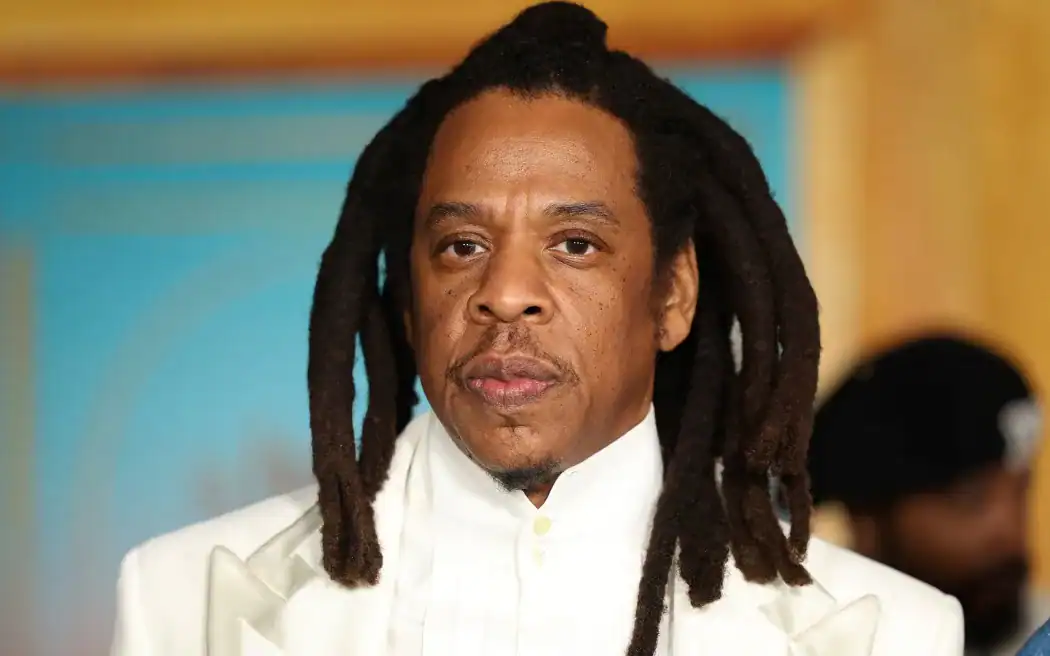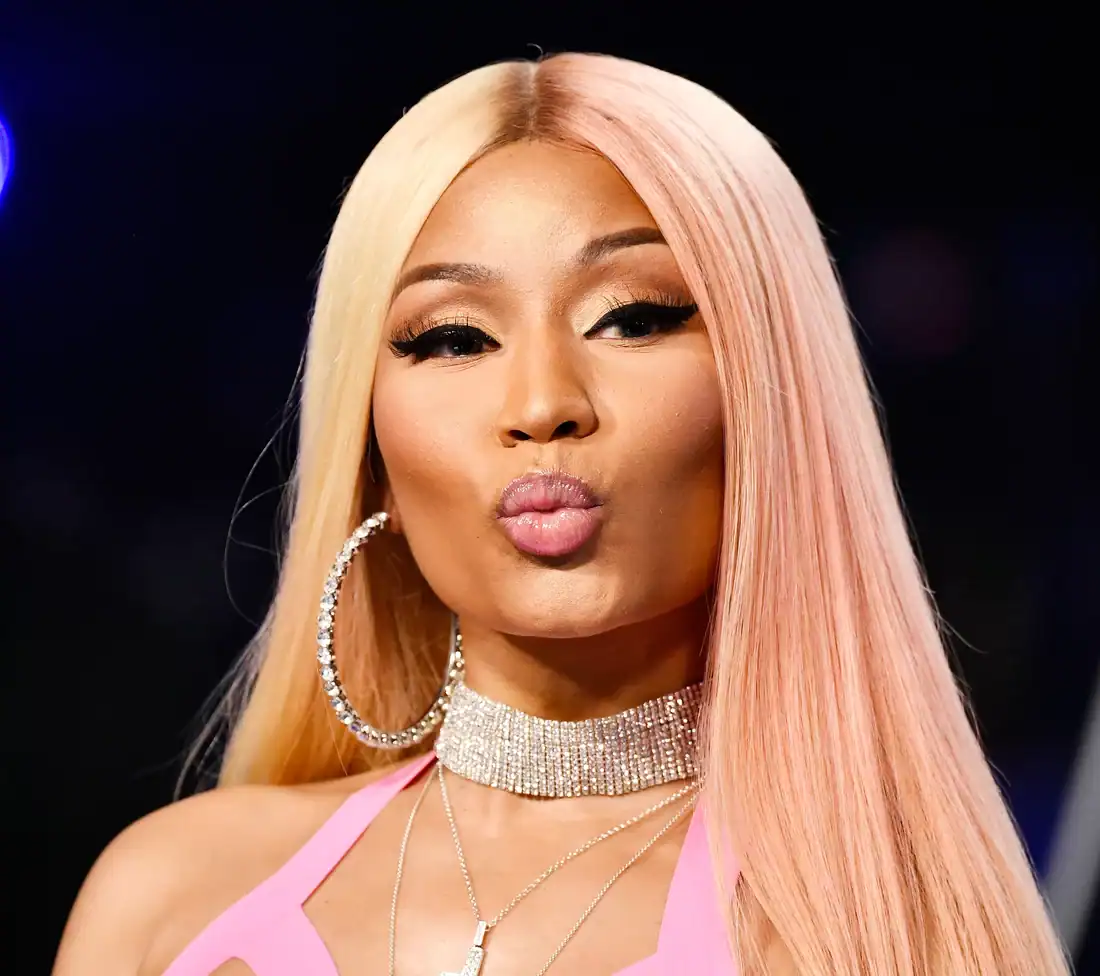The deafening silence indicates that there's no repeat performance on the horizon. On December 16, 2016, Martin Sheen and Debra Messing led an army of fellow celebrities in urging Republican electors not to cast their vote for Donald Trump.
The bombastic real estate mogul—who had crashed onto the political scene—had won the election. His shock triumph over former first lady and Secretary of State Hillary Clinton defied polls and prediction models as a deeply divided U.S. prepared to welcome a president who just a few years earlier had regularly graced screens as the face of NBC reality contest The Apprentice.
But Hollywood had another plan. Sheen, Messing and a group of celebrities that included musician Moby and actors Bob Odenkirk, Noah Wyle, J. Smith-Cameron, and James Cromwell, joined forces for an impassioned, 11th-hour PSA in which they urged the 538 state representatives making up the Electoral College to cast their votes for anybody but Trump ahead of the results being certified on December 19.
"Our founding fathers built the Electoral College to safeguard the American people from the dangers of a demagogue and to ensure that the presidency only goes to someone who is, to an eminent degree, endowed with the requisite qualifications," Sheen said in the video, citing the Federalist Papers.
"An eminent degree—someone who is highly qualified for the job," Messing, another outspoken critic of Trump, followed.
"The Electoral College was created specifically to prevent an unfit candidate from becoming president," said Succession star Cromwell, before the big pitch was laid out.
Standing before a stark white background, each familiar face took a few seconds of screentime to collectively argue that Trump was, simply put, not fit to be president of the U.S. and therefore should be blocked from taking residence in the White House. Having done the math, they stated that 37 Republican electors were required to spoil the results and bring Trump under the required 270-vote threshold.
Outside of making headlines amid a sea of anti-Trump sentiment, we all now know that the venture was unsuccessful. Trump, for better or worse, was officially voted in, inaugurated, and served out the entirety of his first four-year term.
The video in question was recorded for Unite for America, a multi-partisan movement established after the 2016 election to block Trump's ascent to office. Today, the movement's website is no more—despite Trump's political comeback and stunning victory in the most recent election cycle.
Jeffrey R. Dudas, Ph.D, a professor of political science at the University of Connecticut, doubts the faithless elector campaign would ever have been successful.
"The scenario was even then legally dubious, requiring individual electors who cast the official ballots in the Electoral College to violate the oaths that they took to accurately represent the will of the voters in their states," he told Newsweek.
"And because parts of this scenario were actively tried by the Trump campaign in the aftermath of the 2020 election—recall the alternate slate of electors strategy, which was different in degree rather than in kind—a great many states have tightened their laws surrounding electors even more. At this point, the faithless elector scenario appears to be, thankfully, a theoretic relic of the past."

The furious hell-in-a-hand-basket Trump warnings and posts that populated social media eight years ago have given way to similarly-worded think pieces and statements today. With the culture wars of recent years barely in the rearview mirror, Trump's detractors are now leaning on precedence to argue their points.
Yet, as of press time, there are no celebrity-packed videos instructing politicians on how to thwart Trump's return to office. None of the celebrities involved in the previous video appear to have added their voices to similar campaigns.
Newsweek has contacted representatives of Sheen, Messing, Cromwell, Smith-Cameron, Odenkirk, Wyle, Moby, and Trump via email for comment.
'Banana Republic'
So what gives? Is it a case of these celebrities retreating to lick their wounds, or is there a sentiment that speaking out today would be a futile exercise on a second go-around?
Mike Fahey, CEO and founder of Fahey Communications, a national PR firm specializing in political campaigns, told Newsweek that, in hindsight, the campaign was "an episode that made America look more like a banana republic."
"Several elements may account for the seeming dearth of comparable celebrity undertakings in 2024," he said. "One is a fast-growing realization that when it comes to actually influencing the voter turnout, celebrity endorsements are mostly a bust. They're almost a 'don't bother, voters' sign. And when it comes to actual work to get the citizenry undressed from PJs and back into the voting lines, both parties in 2024 have pretty much left the dog-and-pony show on the back burner."
Evan Nierman, CEO of global PR firm Red Banyan, further argues that optics are a large part of the problem amid an ever-widening wealth gap.
"Celebrity endorsements used to carry weight, but in today's political climate they can easily come across as tone-deaf," he told Newsweek. "When people think your biggest struggle is picking out the perfect private jet, it's hard to connect with Americans worried about putting food on the table.
"Audiences are tired of politics saturating Hollywood. What used to feel impactful now feels out of touch and sometimes even counterproductive. Instead of swaying voters, celebrity campaigns often end up rallying the opposition."
Vice President Harris certainly didn't lack star power during her brief campaign, which was launched in July after President Joe Biden dropped out of the race. Oprah Winfrey, Beyoncé, George Clooney, Billie Eilish, and Bruce Springsteen were just some of the plethora of famous faces who publicly backed the Democrat ticket.
Trump also received his share of star endorsements, though of different wattage, with backing from familiar names such as Kevin Sorbo, Hulk Hogan, Danica Patrick, YouTuber Jake Paul, UFC CEO Dana White and powerhouse podcaster Joe Rogan.
Much was made of when pop star Taylor Swift announced that she was backing Harris. The anticipated endorsement was seen as a smoothing of the road to a surefire win after the musician's post telling her followers to register to vote saw more than 400,000 people do exactly that.
Cultural Shift
In spite of this, Trump emerged as the victor. "The results suggest a possible shift away from the dependence on celebrity influence in politics," said Fahey, who served as press secretary for Steve Laffey during his presidential campaign in 2023.
There has also been a cultural shift in the near-decade since Trump first took office, with such issues as transgender rights deeply dividing the electorate.
"Kamala is for they/them. President Trump is for you," stated one Trump campaign ad that ran over 15,000 times. Trump also vowed at an October rally in his native New York that he would "keep men out of women's sports" if elected.
Americans are broadly supportive of preventing discrimination against transgender people. A Pew Research Center survey of 10,188 U.S. adults in May 2022 found that around 8 in 10 said there was discrimination against transgender people and a majority said they should be protected from discrimination in "jobs, housing and public spaces."
However, on specific issues, such as the involvement in sports that Trump highlighted, there is less agreement. A YouGov poll conducted in January found that 59 percent of Americans oppose allowing transgender athletes to play on sports teams that match their gender identity compared to 19 percent who support it. The same poll found 50 percent of Americans oppose allowing transgender people to use bathrooms that match their gender identity, compared to 31 percent that support it.
"In recent years, the cultural landscape has shifted for an observable reason: There's a palpable pushback against some—not all—progressive ideals," Fahey told Newsweek. "Still, it's too easy—and just plain wrong, frankly—to paint a picture of 'victory' for conservative thought in these so-called culture wars.
"Both the political and cultural divides in America are far too complex and nuanced to be reduced to a simple narrative. Different regions and demographic groups in this country support a wide range of ideals—both progressive and conservative."
Changing Tact
Donald Nieman, a professor of history and provost emeritus at Binghamton University, State University of New York, told Newsweek that the quieter reaction to Trump's latest victory may have more to do with a reluctance to feed the machine.
"Democrats aren't mobilizing against Trump like they did in 2016, hopefully because they have learned a lesson," he said. "Attacks on Trump have only allowed him to play the victim—even though he's not—energize his base, raise money, and win some sympathy beyond the base. Perhaps Democrats have learned that it's better to bide their time and pick their fights. Their reaction to some pretty outrageous cabinet picks seems to suggest that."
Dissatisfaction with an election result is hardly a partisan issue. When Trump lost to Biden in 2020, such was the uproar on the defeated side that baseless claims of a "stolen" election were spread and have persisted to this day. On January 6, 2021, when a joint session of Congress took place to formalize Biden's victory, hundreds of Trump supporters stormed the Capitol in a riot that led to deaths, arrests, and convictions.
While such incidents have likely tarnished the image of public dissenters in recent years, the effectiveness of legal protest is not to be dismissed.
"Widespread protest, when specific and non-violent, is almost always successful, at least in the short term, in mobilizing meaningful grass-roots and elite support," said Dudas. "This, at least, is the pattern that has been repeated throughout American history; and it is the story both of the GOP's hard movement to the right in the wake of the Tea Party Protests during [Barack] Obama's first term and the Democratic Party's full-throated opposition during Trump's first term. In each of those cases, elites were largely responding to, and relying upon, popular protest to both determine and then pursue their governing strategies."
Should there be an urge on the part of public figures to denounce Trump today, Fahey predicts completely different tactics will be employed to those used eight years ago.
"The 2016 election was followed by large protests, but... in 2024, we might not see quite as many demonstrators," he said. "The DNC might just need to sit down with a mirror first. That moment of reflection might not call for the same central organizing that takes up the work of protests."
Protesting, he predicts, will likely "lean more on policy wins and waging legal battles in the courts and less on the kind of inspiring large rallies that serve as political theater for the good guys."
Still, said Fahey, this does not indicate the end of the celebrity involvement in politics. "It's pretty certain that the practice will continue; rather, it will likely become more strategic," he noted. "Campaigns may now use celeb voices in much the same way that they do with social media influencers—hoping for a certain kind of magic but also with an idea of whom, demographically, the celebrity might reach."
Nierman agrees. "Grassroots activism and social media movements now have more sway than celebrity PSAs, which can feel like they lack authenticity. The public wants action, not just star power," he explained.
"This isn't the death of celebrity influence—it's a wake-up call. If Hollywood wants to stay relevant in politics, then it needs to get real, get relatable, and get involved in ways that go beyond a trending hashtag or virtue signaling."



















:quality(85):upscale()/2024/04/24/878/n/3019466/36c5693c662965c5d1ce91.72473705_.jpg)
 English (US) ·
English (US) ·